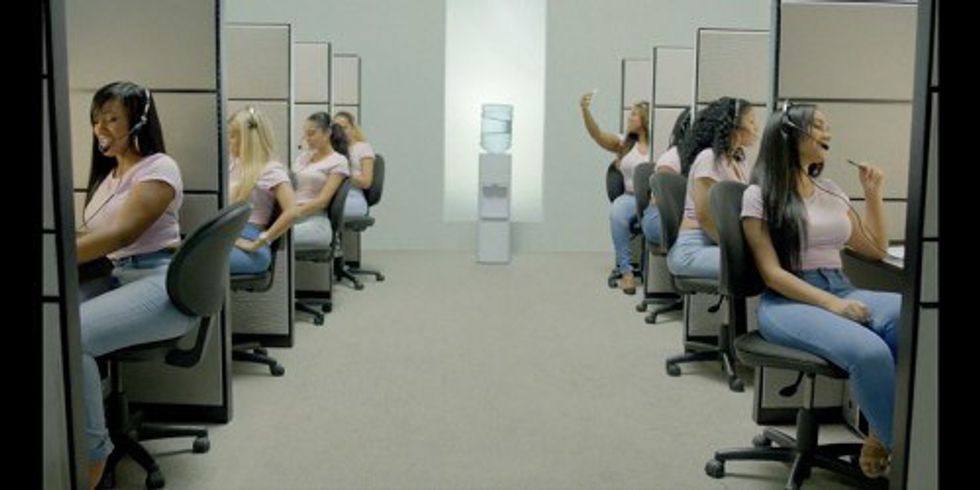Through a timeline that stretches from the streets of 1970s Bronx, New York to the present day, hip hop offers wide-ranging perspectives on the black experience. One aspects that is often revealed over time and time again is love.
Without hip hop playing a part, men and women often have problems communicating with each other. But, with hip hop giving each genre an unreachable goal in order to feel attractive to the opposite race.
Black men are pushed to be hyper-masculine beings only acting in violence and without any type of emotion. The “real man” theory rings true through many songs through out the genre of hip hop, but 21 Savage’s No Heart is the most current inherent example in the saga of hyper-masculinity throughout gangsta rap.
Black women are pushed to fulfill an expectation of being submissive, obedient, and overtly sexual but only in the ways that a man would want them to be. Hotline Bling is one of the latest examples to portray this message discreetly.
Misogyny in most rap songs is incredibly overt through the glorification of the video girl, and over-usage of derogatory words in their music when referring to women.
But the lyrics of Hotline Bling get inside the heads of women, and black women specifically because they have to be interpreted in order for them to be understood. As black men and women are flooded with these perspectives through this genre of hip hop, shunning away the notion of respecting and loving themselves, how could they love one another? Hip hop brings stereotypes to the forefront and tries to force black men and women to follow a path to become something (or someone) that they weren’t meant to be. In this search of finding themselves becoming vague; the search in finding someone to fulfill a long-term, relationships with becomes less and less important.




















